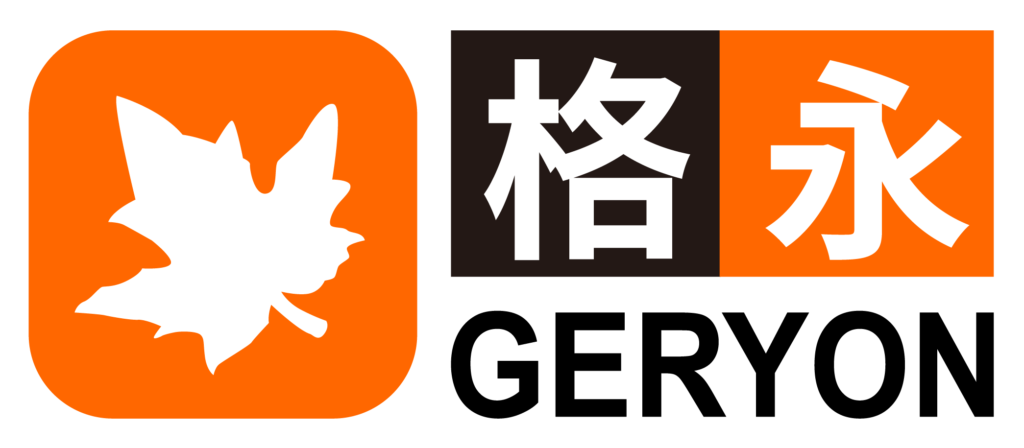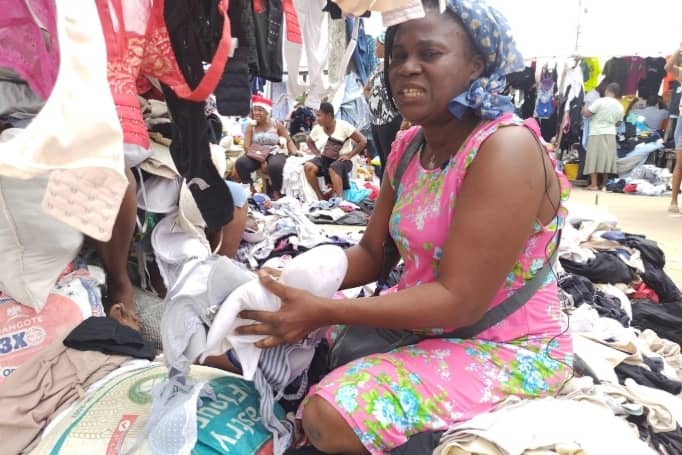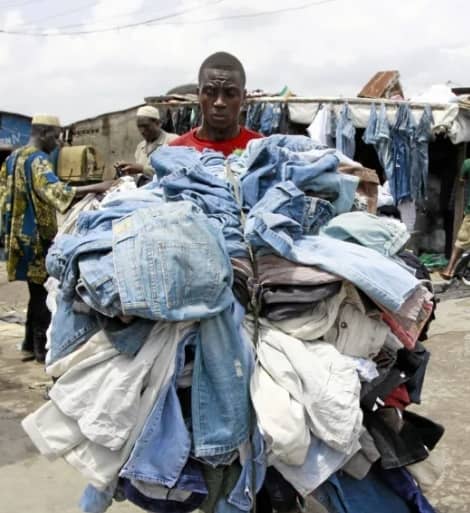The second-hand clothing market in Niger has become a significant driver of business growth for wholesalers. With the rising demand for Niger used clothes, B2B importers are discovering lucrative ways to capitalize on this trend. Affordable pricing, combined with a strong consumer preference for sustainable fashion, makes 2024 the ideal year to invest in this market segment. Let’s dive into the benefits and strategies for making your wholesale business thrive.
Table of Contents
1. Introduction to the Niger Used Clothes Market in 2024
The second-hand clothing industry in Niger is thriving, driven by affordability and the increasing demand for sustainable fashion. As one of the most cost-effective markets in West Africa, Niger used clothes offer B2B wholesalers immense opportunities to tap into a growing consumer base. The year 2024 presents an ideal moment for importers to enter this dynamic market and capitalize on the rising popularity of pre-owned garments.

Overview of Market Trends and Opportunities
Niger’s used clothes market is shaped by several factors, including a youthful population, economic constraints, and a strong preference for affordable fashion. These trends have propelled second-hand clothing into the mainstream, providing a consistent demand for high-quality, low-cost garments. Importers who recognize these opportunities can position themselves as key players in this vibrant industry.
Importance of Affordable Clothing for Local Consumers
For many consumers in Niger, used clothes represent an affordable alternative to new apparel. With limited disposable income, families and individuals prioritize value for money, making second-hand clothing the preferred choice. B2B importers who cater to this demand can enjoy steady growth while meeting a vital community need.
2. Why Choose Niger Used Clothes for Your Wholesale Business?
Niger used clothes provide an excellent opportunity for wholesalers to expand their market reach. With consistent demand and high resale potential, these garments can offer a significant return on investment. Businesses that focus on this sector in 2024 can benefit from a steady and reliable source of revenue.
High Demand and Market Potential
The demand for Niger used clothes spans rural and urban areas, with customers seeking a wide variety of items such as casual wear, formal attire, and children’s clothing. The growing population and economic shifts in Niger make this market increasingly attractive for B2B wholesalers looking to scale their operations.
Benefits for B2B Importers and Wholesalers
For importers, Niger second hand clothes are not only affordable but also accessible through reliable supply chains. They allow businesses to offer competitive prices, diversify their product range, and appeal to cost-conscious buyers. By focusing on this niche, wholesalers can establish a strong foothold in the Niger market.
3. How to Source Affordable Niger Used Clothes
Finding the right supplier is essential for success in the Niger used clothes industry. Partnering with trusted exporters ensures consistent quality and competitive pricing, which are crucial for meeting consumer expectations and boosting profitability.
Finding Reliable Suppliers and Exporters
Reliable suppliers play a pivotal role in maintaining a steady flow of Niger used clothes. Importers should look for partners with a proven track record, transparent pricing policies, and a commitment to quality. Conducting thorough research and building long-term relationships can help businesses secure dependable supply chains.
Tips for Ensuring Quality and Competitive Pricing
To stay competitive in the Niger used clothes market, wholesalers must prioritize both quality and affordability. This involves sourcing garments that meet local preferences while negotiating favorable terms with exporters. Regular quality checks and cost analysis can further ensure a balanced approach to profitability.
4. Market Insights: Consumer Preferences in Niger
Understanding the needs and preferences of Niger’s consumers is key to thriving in this market. Niger second hand clothes must align with local tastes, which vary by age group, season, and geographic location.
Popular Types of Second-Hand Clothes in Niger
In Niger, items such as children’s wear, lightweight fabrics, and durable everyday clothing are in high demand. These products cater to the hot climate and practical needs of the population, making them consistent best-sellers for wholesalers.

Seasonal Trends and Key Selling Points
Niger’s climate and cultural events drive seasonal trends in used clothing sales. During festivals and holidays, formal attire and accessories gain popularity. Wholesalers who align their inventory with these trends can boost sales and build a loyal customer base.
5. Sustainability and Profitability in the Used Clothes Industry
The Niger used clothes market is not just profitable; it also aligns with global sustainability goals. By reusing garments, wholesalers contribute to reducing textile waste and promoting eco-friendly practices.
The Role of Second-Hand Clothing in Sustainable Fashion
Niger used clothes play a crucial role in reducing environmental impact by extending the lifecycle of garments. This not only minimizes waste but also provides a cost-effective way for consumers to access quality fashion. Importers can use this narrative to enhance their market appeal.
How Wholesalers Can Maximize Profits in 2024
Profitability in the Niger used clothes sector comes from efficient sourcing, competitive pricing, and understanding consumer demand. By optimizing supply chains and leveraging market trends, wholesalers can increase margins while maintaining affordability for their customers.
6. Challenges and Solutions for Importing Niger Used Clothes
While the Niger second hand clothes market offers great potential, importers must navigate logistical and regulatory challenges. Addressing these effectively is key to building a sustainable and successful business.
Navigating Logistics and Customs Processes
Importing Niger used clothes requires a clear understanding of customs regulations and logistical hurdles. Timely shipments, proper documentation, and compliance with local laws are essential to avoid delays and additional costs.
Building Long-Term Partnerships with Trusted Exporters
Strong relationships with exporters ensure consistent supply and better pricing. Collaborating with experienced partners who understand the Niger used clothes market can provide a competitive edge and long-term business stability.

7. Conclusion: Boost Your Business with Niger Used Clothes
The Niger used clothes market in 2024 presents a golden opportunity for B2B wholesalers. With high demand, sustainable appeal, and a growing consumer base, this sector is ripe for investment. By leveraging insights from this guide, importers can position themselves for success and make a meaningful impact in the Niger market.







